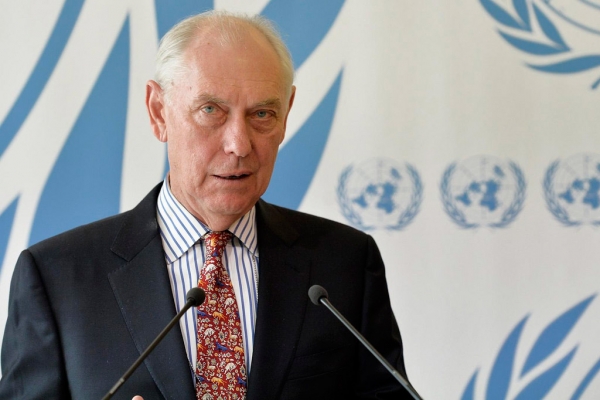In that resolution, the Council mandated the Commission to investigate all alleged violations of human rights in Eritrea.
The Commission decided to focus the investigation from 1991, when Eritrean entities took effective control of Eritrean territory.
A number of gross human rights violations were documented: in the State’s military/national service programmes (indefinite military/national service is frequently cited by Eritreans as the prime reason for leaving Eritrea), and in detention centres, both military and civilian. The commission described cases of reprisals for the alleged conduct of family members, widespread control over the freedom of religion, sexual and gender-based violence (rape and domestic servitude in military training centres and in the army go unpunished), as well as violations of freedom of expression, assembly and association, and violation of the right to life.
In 2015, the Human Rights Council extended the mandate of the Commission of Inquiry on human rights in Eritrea for another year with resolution 29/18, reiterating its call upon the Government of Eritrea to cooperate fully with the Commission. As was the case during the first mandate of the Commission, the Government failed to respond to its repeated requests for access. Given its limited ability to meet directly with Eritrean officials, the Commission has relied, where relevant, on information issued by the Government.
During the period under review, the Commission noted no improvement with respect to the most critical human rights violations in Eritrea documented in its first report. The Commission concludes that there are reasonable grounds to believe that Eritrean officials have committed massive violations of human rights in Eritrea, including where these violations may amount to crimes against humanity, in a persistent, widespread and systematic manner since May 1991.
The Commission asks for the UN Security Council to refer the situation in Eritrea to the Prosecutor of the International Criminal Court for consideration, and that Member States of the United Nations exercise their obligation to prosecute or extradite any individual suspected of international crimes present on their territories.
To read the full report, visit:
http://www.ohchr.org/EN/HRBodies/HRC/CoIEritrea/Pages/2016ReportCoIEritrea.aspx




